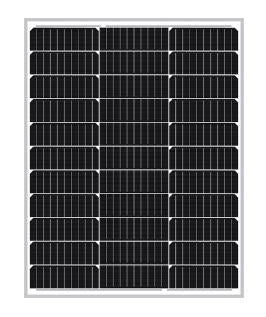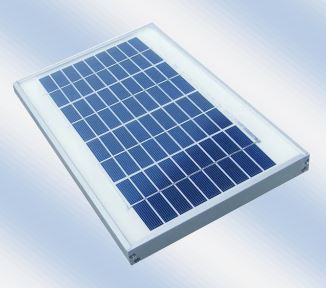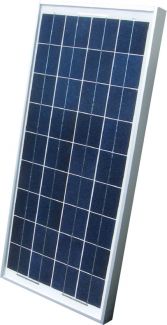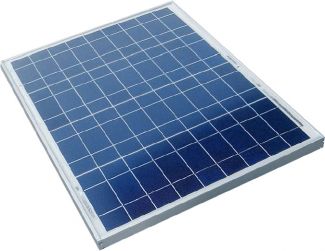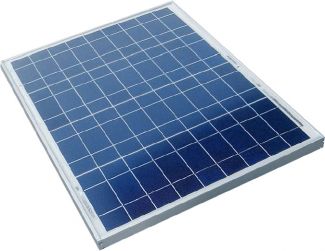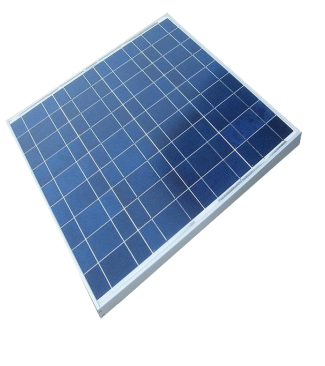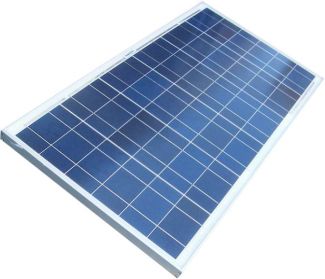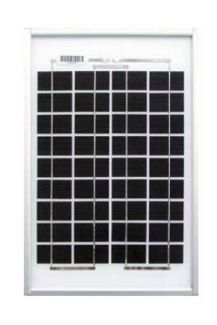Why Solar?

Why Solar?
Welcome to SolarPanelStore.com's true starting point for solar learning! The fact that you clicked into this particular page means that you first seek clarity of purpose. Sure, many find solar energy intriguing. And many want to learn more about it. But as an initial step, it's really helpful to identify why you're interested in solar. Why consider it at all? What can it do? What do you want it to do for you? While this may seem to some to be too obvious to spend time on, being clear about your purpose shapes your ultimate choice and the resulting benefits and costs.
Unlike many solar companies out there that every potential customer as a nail for their hammer, we at SolarPanelStore.com supply solar electric products to just about every possible customer and situation. Big, little. Green, fossil. School project, utility solar garden. Grid-tied, off-grid. You name it. And while we don't sell to everyone who calls, we do talk to them and listen to their situations. And we learn, and they learn. But it starts with asking customers why. Why do they want to go solar?
Save Money.
When it comes to residential customers, this is probably the number 1 reason. And why shouldn't it be? A solar electric system is, in large part, a single up-front investment that generates a regular return month after month after month for decades to come. But like all investments, it requires up front time, effort and money. But unlike lots of investments, there isn't that much uncertainty or risk going forward. The investment will pay itself back—lit's just a question of when. And the “when” depends on various factors that go beyond the scope of this article. But fear not! We will cover those factors in an upcoming post.
Be green.
From our observations, more often than not, folks wouldn't go solar if the system didn't provide some kind of financial payback or savings. But in some cases, the savings is just not important or as important as another reason or reasons.
Some people wanting to go solar can afford their electric bills, and they don't need to install a solar system to save them money over time. They're not motivated by making an investment that offers a sound payback or appreciates the value of their home. But they are motivated to do the right thing. And the right thing in their minds is to employ renewable energy technology to power their homes. It is their way of doing their small part to be responsible and switch from fossil fuel-generated electricity to sun-generated electricity.
Going solar to be more “green” just feels good. It feels right. It doesn't mean that everything they do is green. But it's their small way of contributing. How does one household really contribute? That would be a bigger topic than the scope of this article, but for now, think “snowball effect”.
Climate change.
A related reason to being more green, is the concern for climate change. No matter where you stand on this issue, the fact is that many people believe that human-generated pollution over time is responsible for causing the Earth's climate to change and get warmer. So it follows that employing “clean,” non-polluting ways (on a grand scale) of powering our homes, cars, machines, etc. will slow or reverse this impact on our climate. People wanting to go solar to fight climate change are usually pretty passionate about the topic. And they will likely want to design their system to be 100% net zero—meaning they want to completely power their homes via solar (as opposed to off-setting just some of their utility bill each month). They may also try to oversize their system (or at least plan for expansion) to charge an electric car or two down the road.
Live where I want.
Independence. Live where you want. That's the ticket for lots of people. More than you might think! Many have the dream of finding that remote parcel of land that offer beauty and solitude at more affordable prices. It used to be that you had to live like the Ingalls on Little House on the Prairie if you wanted that life. But today, the available solar and battery technologies make for a pretty comfortable life-style. And while there are definite trade-offs to make an off-grid life work, good planning can mitigate many of them. Yet one important thing to understand for anyone considering this route, is that the cost (and complexity) of an off-grid, residential solar system is much greater than a typical grid-tied system. How much more expensive depends on how much electricity must be generated and stored. Once that is all understood, one can then weigh those costs against the cost of paying the utility to run lines to the remote property.
Backup Power.
Black outs. In some places these happen frequently. In frustration, one may think “Hey if I get solar panels, I won't have blackouts if the sun is shining right?” Not necessarily. One thing many people don't understand as they start to explore solar, is that a grid-tied solar system automatically shuts down if the system senses that the utility is down. What? Yes that's right. Grid-tied inverters are required to shut down once it senses no utility power in order to prevent any solar-produced electricity from flowing back onto the lines while utility workers are fixing the lines.
We often talk to customers looking for back-up solutions about a hybrid grid-tied solar system with battery back-up. But like off-grid solar systems, they are more complex and expensive than traditional grid-tied systems. So if the power outages are typically not frequent or long-lasting, we encourage people to simply get a generator (which we sadly don't sell today!). But if they do have longer or more frequent outages and want to avoid generator use if possible, a hybrid system can work very well.
Need to power remote equipment.
Sometimes you have something to power and it's no where near a good old electrical (AC) outlet. This is very common for commercial or industrial applications like pumps, drilling, railroads, sensor, monitors, lighting, etc. The same goes for farms. And sometimes regular yards and houses. Maybe you have decorative lighting or a pond aerator or a boat lift. How the heck do you get AC lines run to those things? And how much would it cost? And trenching? Ugh. Enter off-grid/battery-based solar electric systems! We help lots of customers with these. The cost of these systems, like off-grid homes, are driven primarily by the amount electricity needed to power the “loads”. The bigger the loads, the bigger the battery banks and the cost. Costs are also reduced if the loads can be powered with 12 volt DC (vs 120 or 240 volt AC).
Camp or boat where you want.
Oh sure it's great to have power for your boat or RV when you're plugged in to shore power at the marina or your favorite freeway-neighboring KOA. But is that why you bought that toy? To stay tethered in a parking lot? No of course not! You seek freedom, scenery and quiet right? And nothing kills the peace of a serene bay or tranquil stream-side campsite like a noisy, stinky generator!
Good news! Solar is ideal for RV and boats. Why? Well you make power and store it in your battery bank while driving, parking or sailing during the day. And then use that power for the typically 12 volt DC appliances and lighting at night. Given the typical loads used in these rigs, the solar systems can be smaller (than residential) and 12 volt (simpler and cheaper). And boats and RVs are designed to have battery storage. But like an off-grid home, it's key to know the amount of electricity you would typically need, and get the right batteries to store that energy. Countless RV customers blow through a set of the wrong batteries every year or two. We must stop the madness! There is a better way. Let's talk.
So now what?
Now that you've thought through the question "Why Solar?", you are ready to dig deeper! Peruse our Solar Made Simple and Can I DIY Solar? posts for more helpful introductory information. Also our product pages have lots of helpful information about solar components. And of course, don't hesitate to give us a call. We are happy to chat and start at the beginning!
Tom
- Tags: Solar Basics Solar Panels
- Dan Baldwin

